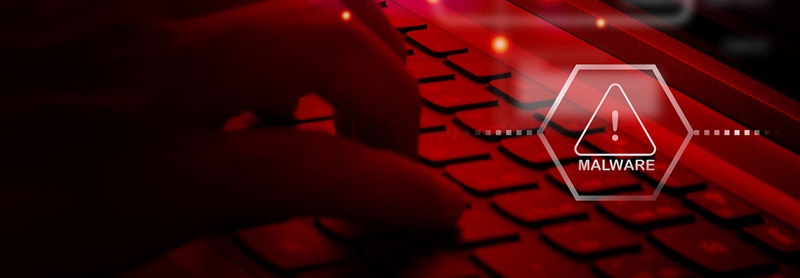Mobile Phishing is probably not on your radar
As expected, more and more businesses are investing in technology solutions that will allow them to function permanently as a remote workforce. However, remote workers continue to neglect the importance of adequate cyber defenses and are still the number one cause of all cyber breaches worldwide. During the early days of the COVID-19 pandemic, the initial focus for those responsible for IT was to simply get everyone up and running to work from home, so that we could all remain productive.
Right now, about a third of the world is working remotely, and two-thirds of respondents to a survey done by MobileIron found that people felt as though their employers had the right technology and solutions so that they could continue working from home without issues. The same report mentioned that 80% of all remote workers do not wish to return to the office full-time. This ultimately means that cybersecurity efforts need to effectively cover all of the potential exposures and risks that come with remote work - Mobile Phishing Included! Everyone has a mobile device and remote workers are using them for both work and downtime. As concerning as phishing may be on the news, people are still oblivious, and users are targeted with phishing on their mobile devices because attackers are getting a higher return on investment from mobile phishing.
Here’s how remote working challenges cybersecurity efforts:
- Remote workers and mobile use – nearly 72% of employees think that their mobile device helps them to be more productive while working remotely.
- Users don’t care about cybersecurity and your business – IT security is considered a low priority initiative by one-third of employees worldwide.
- Users are clueless – 43% of employees cannot identify a mobile phishing attack or know what they look like if they saw one.
Even though we heavily rely on these mobile devices to do our jobs they are difficult to manage corporately. It comes as a surprise that most users don’t even know what mobile phishing attacks are and how to properly identify them. We urge all organizations to take the necessary measures to properly educate and train their remote users about all types of cyber threats so that they can be your first line of defense instead of the cause of the next phishing disaster.
For more information regarding security solutions for your remote GTA business, please contact us at
[email protected]. You can also book a short 15-20 minute Q & A phone session
here.







